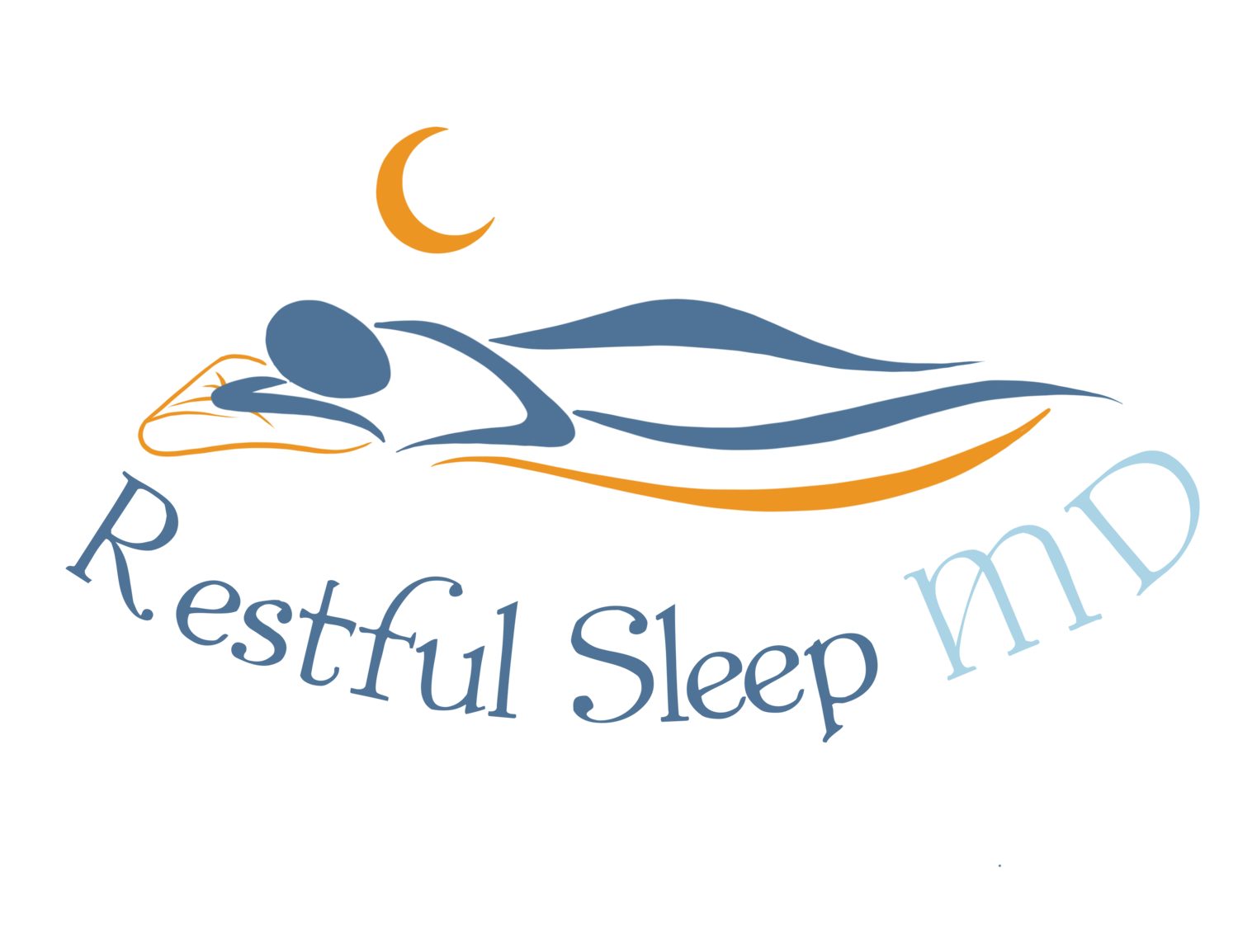How Sleep Hygiene Strategies Can Achieve Healthier Sleep
Many people struggle with sleep issues, often without realizing that their habits and environment play a significant role. Sleep disorders like insomnia are frequently linked to poor sleep hygiene—daily behaviors and routines that disrupt your ability to fall or stay asleep. At Restful Sleep, MD in Philadelphia, PA, we offer sleep hygiene counseling that focuses on changing these patterns to help you achieve deeper, healthier rest.
Dr. Funke Afolabi-Brown, a triple-board-certified sleep medicine physician, guides patients toward better sleep through simple, sustainable strategies. By addressing lifestyle habits, environmental factors, and sleep schedules, patients can enjoy long-term improvements in sleep quality—often without the need for medication.
What Is Sleep Hygiene?
Sleep hygiene refers to the behaviors, routines, and environment that set the stage for good or poor sleep. Factors like irregular bedtimes, excessive screen time, and even the temperature of your bedroom can interfere with how easily you fall asleep and how restful your sleep is.
For many people, poor sleep hygiene becomes a routine that’s hard to break without guidance. Our sleep hygiene counseling helps identify these patterns and provides a clear, customized plan to correct them.
Who Can Benefit from Sleep Hygiene Counseling?
At Restful Sleep, MD, our counseling services are designed for anyone struggling with sleep issues, including:
Individuals with Insomnia: Difficulty falling asleep or staying asleep can often be traced back to inconsistent sleep habits or stress.
Shift Workers and Frequent Travelers: Irregular schedules can disrupt the body’s natural sleep-wake cycle, making quality rest difficult to achieve.
People Experiencing Fatigue Despite Adequate Sleep: Poor sleep quality, rather than quantity, is often the cause of persistent tiredness.
Individuals Managing Chronic Stress: Emotional and mental stress frequently impacts the ability to relax and sleep through the night.
Key Strategies for Better Sleep
Dr. Brown’s approach to sleep hygiene counseling focuses on practical strategies that address the root causes of sleep disturbances. Each plan is personalized, but common elements include:
1. Consistent Sleep Schedule
Waking up and going to bed at the same time every day—even on weekends—helps regulate the body’s internal clock (circadian rhythm), making it easier to fall asleep and wake up refreshed.
2. Creating an Ideal Sleep Environment
We help patients optimize their bedroom for sleep. This may include lowering the room temperature, using blackout curtains, reducing noise, and removing distractions like televisions or smartphones.
3. Limiting Stimulants and Electronics
Caffeine, nicotine, and heavy meals close to bedtime can disrupt sleep. Similarly, blue light from phones, tablets, and computers suppresses melatonin production. Dr. Brown recommends limiting these activities in the evening.
4. Relaxation Techniques
Incorporating practices like deep breathing, mindfulness meditation, or gentle stretching can help calm the mind and body before bed, making it easier to fall asleep naturally.
5. Daytime Adjustments
Healthy sleep starts during the day. Regular exercise, exposure to natural sunlight, and stress management are essential components of a healthy sleep routine.
Ready to Sleep Better?
Working with Dr. Brown and our team at Restful Sleep, MD provides patients with a comprehensive plan tailored to their unique needs. The benefits of this approach include sustainable results and better overall health using a holistic approach.
If you’re experiencing poor sleep or chronic fatigue, it may be time to examine your sleep hygiene. Restful Sleep, MD in Philadelphia, PA, offers personalized counseling to help you establish healthier habits and routines. Schedule a consultation with Dr. Brown today to start sleeping better naturally.



